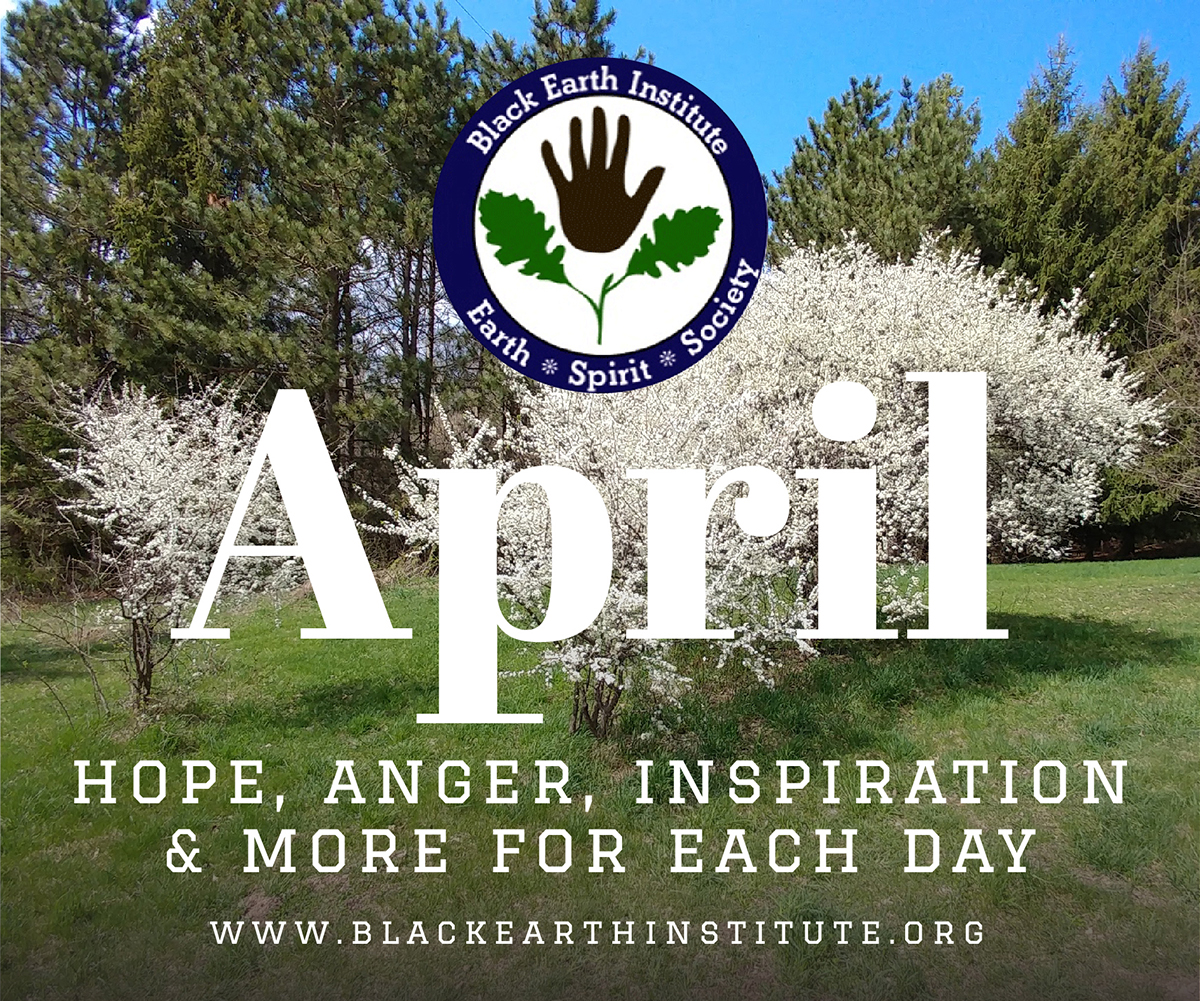
By Taylor Brorby
Gravel crunched like beans beneath my feet on August 31, 2016, in Boone County, Iowa. Joining hands with eight others at Entrance One to the Dakota Access Pipeline construction site, I looked down at my feet. For nearly two years I attended meetings about the construction of the pipeline, followed Iowa newspapers to learn more about the local implications of oil development in the state, and I monitored the Bakken oil boom back in my home in North Dakota. What I didn’t think about while protesting with the thirty of us that were eventually arrested, filling the Boone County jail to capacity, was bats.
When I was five I remember something burning deep in my body. While my babysitter watched me, I jolted for the kitchen faucet, rammed it up, and chugged cool water. Then, before I knew it, I launched down the hallway, warm urine filled my underwear, coursed down my thin legs.
When I was arrested for protesting the construction of the Bakken pipeline in Iowa, the State Trooper whispered in my ear that he could loosen the cold metal handcuffs if they were too tight. When he lead me back to the staging area—the area where other officers waited to pat me down and search me—sweat slid down my spine.
There was never enough water. My parents knew something was wrong, knew something hand changed. I’d sitting in the bathroom of our trailer house, cup my hands and suck hard. My eyes bulged and I felt my head throb. They packed a bag of clothes and told me we were going to Bismarck, forty miles away, out of our small town in coal country, to see the doctor.
When the Dakota Access Pipeline was built, trees along its one thousand mile route were cut and dozed. Trees are where bats roost, where they take shelter as spring warms into summer and blazes into fall.
As the officers removed my hat, patted my head, emptied my pockets of a pen and a few coins, they undid my belt and started to slide it out of my pant loops. I jolted and they moved towards me as my eyes widened. I told them I had an insulin pump attached to me. Bewildered, one officer looked at the other and asked if he should removed it. You can, I said, but we’re going to have a lot of trouble if you do.
When my pancreas failed, my parents told me that I would need to begin taking shots every day, that every day I would have to prick my fingers, milk them to make them bleed so we could test my blood sugar—that this would be a way of keeping me healthy. They told me that my body wasn’t working, that doctors would help keep me healthy. But in the moments when they thought I wasn’t looking, I’d see them dab at their eyes—there was something they knew, some hidden message not shared.
Walking during twilight I oftentimes stare up at the streetlamps. Occasionally, I catch a wing or a dark body blaze across the warm light. In childhood I remember asking my dad if what I glimpsed were birds. Bats, he said, and when I shivered he told me that bats were good, that they ate things like mosquitoes, that bats were all around us, if we paid attention and listened. I learned then that bats were messengers.
The endocrine system is the information center of the body; it sends messages out to the far reaches of our fingers and toes, away from the body’s central hub of internal organs. But my body doesn’t listen to its messages—it’s why at thirty-two I take pills to protect my kidneys, to lower my blood pressure and cholesterol. It’s why doctors ask me to close my eyes and tell them when they poke my toes, why they press cold stethoscopes to my chest to listen to my breathing, why they pump the small ball of the blood pressure machine. The lost messages compromise my entire system, work slowly to continue the erosion to the body—me.
In the Boone County jail I didn’t have access to my blood sugar monitor. I wasn’t salivating, so I didn’t think my blood sugar was too high, and I wasn’t shaking, so I knew my blood sugar wasn’t low. But the wide swath of numbers of what I could be, what my health was—what my body wasn’t telling me—was beyond me. I didn’t have a way of receiving messages to take care of my health. So when I ate my dinner of Oscar Mayer bologna on white wonder bread, Cheetohs, an apple, and two-percent milk, I made a guess as to how much insulin I needed, dialed it into my pump, and delivered it into my body. I didn’t eat the sugar cookie, figuring I could save it for later in case my blood sugar dropped low.
Throughout elementary school my Halloween candy lasted until Easter; at birthday parties I politely declined cake. I only took insulin shots in the morning and in the evening—that’s what we were told to do by the doctors. My parents wrapped my bed in a plastic sheet; I couldn’t kick the habit of bedwetting, not until I was nearly in middle school. When my parents took me to a new doctor in Bismarck at fourteen, my A1c (a measurement of the three-month average of my blood sugars) was four times as high as it should be. Now, when I look back at pictures I see how skinny I was—too skinny, compared to the other little boys. My body wanted to be heard, wanted to heal.
Bats didn’t make the headlines of newspapers when there was discussion about whether the Dakota Access Pipeline should be built.
Sometimes at friends’ birthday parties they would egg me on to eat cake and ice cream, not listening to me when I told them I wasn’t supposed to eat sugary food.
Sometimes my body doesn’t send me messages until it’s too late—my blood sugar plummets, my knees buckle, then the sound of my body hitting the cold laminate floor as I claw my way to the fridge, orange juice spilling across my shirt. Sometimes I miss the warning signs.
I didn’t think of bats when I hoped to get out of the Boone County jail seizure-free. Bats are small things that still make me cringe. Once, in childhood, I found a bat in our bathroom. I screamed and ran to my room as the bat flew to where my sister ate her cereal. She didn’t even notice it. My grandfather killed it with flyswatter.
When I was arrested for protesting the Dakota Access Pipeline friends were worried about my health and safety, they weren’t worried about bats.
Bats aren’t making headlines now that the Keystone XL pipeline is fast-tracked for construction.
It is now the time of year where bats begin to roost in trees. But they can no longer roost along the route of the Dakota Access Pipeline. We cannot listen to them there.
Bats can be a metaphor for forest fires, skinny polar bears, winnowing glaciers, depleted topsoil, sage grouse, wolves, grizzly bears, bleached coral reefs, oil spills in Pennsylvania, flares in western North Dakota, clear-cutting on the Olympic Peninsula, mountain top removal in Matewan, West Virginia.
The point isn’t lost on you that bats were the messengers of the coronavirus.
I wonder now if we are the messengers for ourselves as we struggle to breathe, fight for breath, try to drown out the sound of our own screaming.


